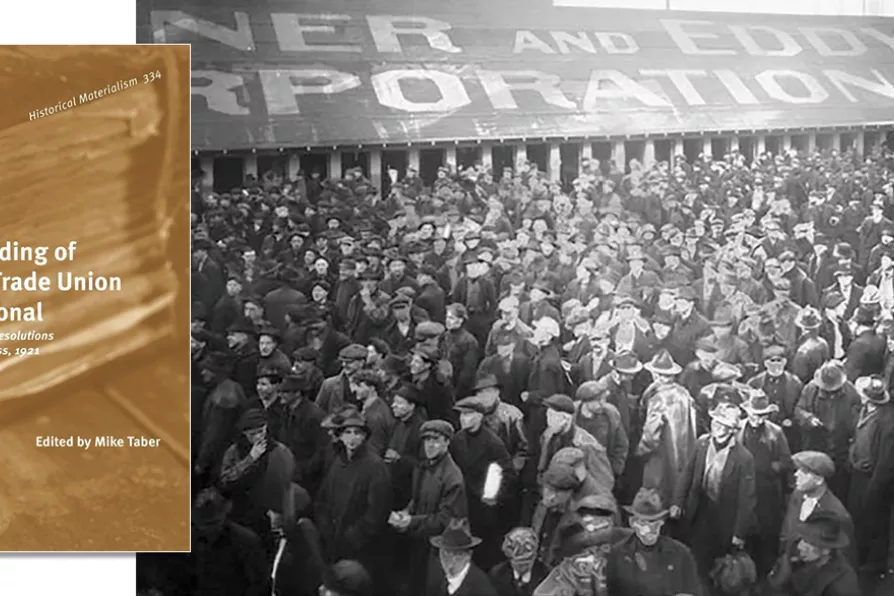ALAN McGUIRE welcomes the complete poems of Seamus Heaney for the unmistakeable memory of colonialism that they carry

 Seattle shipyard workers leave the shipyard after going on strike, 1919
[Webster & Stevens/CC]
Seattle shipyard workers leave the shipyard after going on strike, 1919
[Webster & Stevens/CC]
The Founding of the Red Trade Union International: Proceedings and Resolutions of the First Congress, 1921
Mike Taber, Brill, £157
THIS remarkable volume, ably edited ably by historian-archivist Mike Taber, is especially poignant because the founding of the RTUI in the immediate aftermath of the Russian Revolution, and the grand idea of a global unitary body bringing together revolutionary workers, proved to be very nearly the final note.
The failure of global labour support would prove decisive to the trajectory of the contemporary left of a century ago. Despite the vital appeal to the people of the Global South, the Russian Revolution could only fall back upon itself. Things might have gone differently, but the drift in the direction of Stalin and Stalinism can be seen as the underlying, tragic saga.
By 1921, bourgeois law and order had been re-established in Hungary and in the section of Germany where a Red Republic had briefly been proclaimed. Mussolini’s victory lay just ahead. The Seattle General Strike of 1919 was already slipping from memory and the communist factions engaged in fighting each other — a serious matter because the US was not only the new center of the bourgeoisie but also because a left-wing challenge to capitalism in the US had been counted upon by revolutionaries around the globe.

PAUL BUHLE recommends an eminently useful book that examines the political opportunities for popular anti-fascist intervention

Corbyn and Sultana’s ‘Your Party’ represents the first attempt at mass socialist organisation since the CPGB’s formation in 1921, argues DYLAN MURPHY

PAUL BUHLE agrees that a grassroots movements for change in needed in the US, independent of electoral politics











